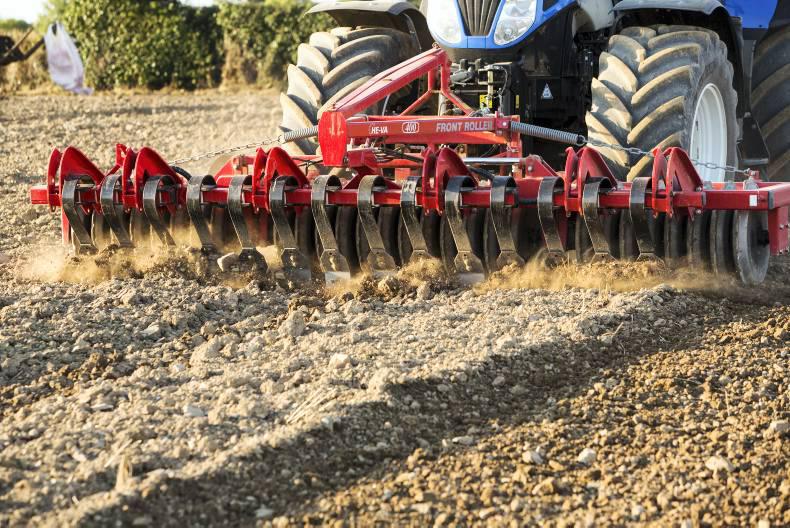The vote, which took place on Tuesday, will limit the amount of sugar, cereals, rapeseed and miscanthus that can be used for EU biofuel production.
There has been a mixed reaction to the passing of this vote, with some member states demanding a higher cap of 7%. Environment NGOs welcomed the vote, and said it sent “a strong signal to Council to limit harmful biofuels”.
However, the EU farm lobby COPA-COGECA said the cap “goes in the wrong direction” and “threatens the future of the EU biofuels industry, causing plants to shut down and puts at risk animal feed supplies”.
Legislation requires EU member states to ensure that renewable sources account for at least 10% of energy in transport by 2020.
The UK has an energy policy in place that encourage the use of biofuel, with a high proportion of British rape sent to Europe for fuel production. They are asking for the cap to be raised to 8%.
The use of cereals for biofuel production is relatively low in Ireland. However, if it increases in future with alternatives to fossil fuel being sought, this new cap could impact future strategy.






 This is a subscriber-only article
This is a subscriber-only article






SHARING OPTIONS: